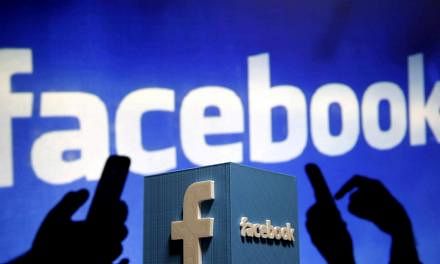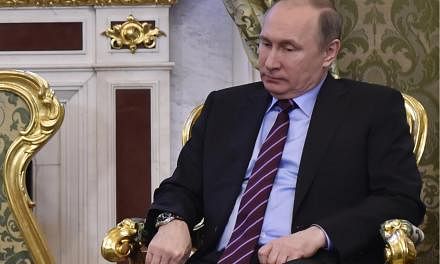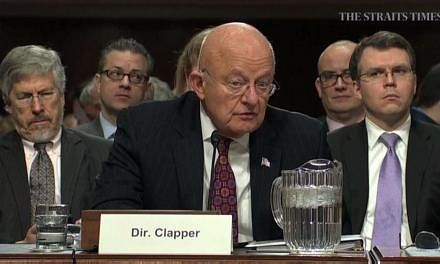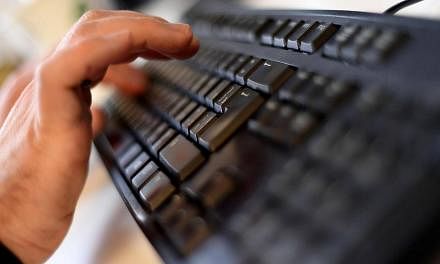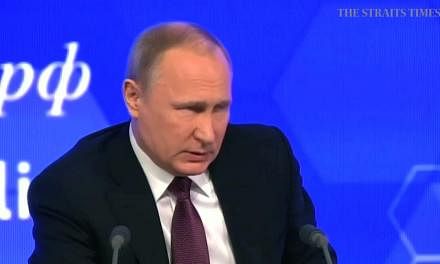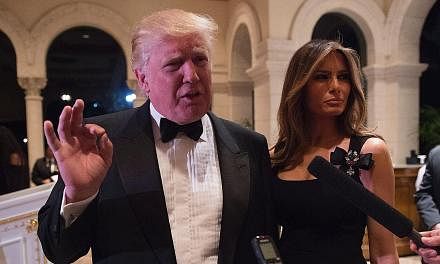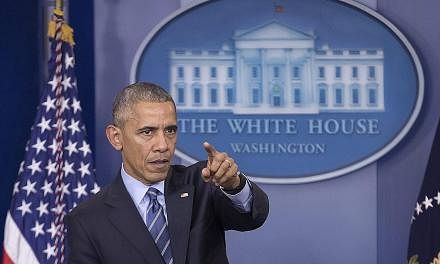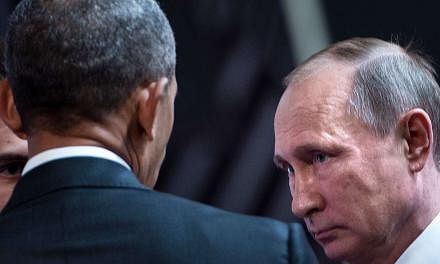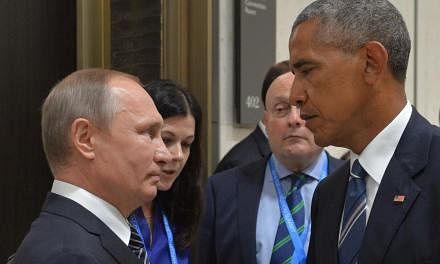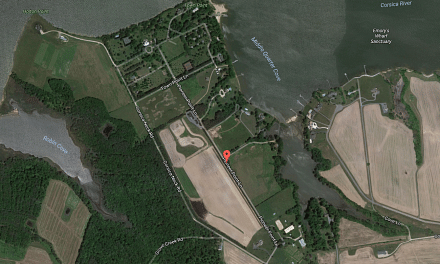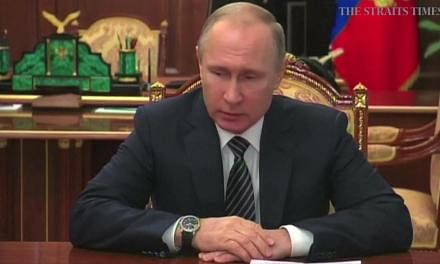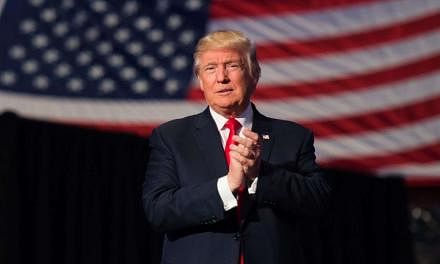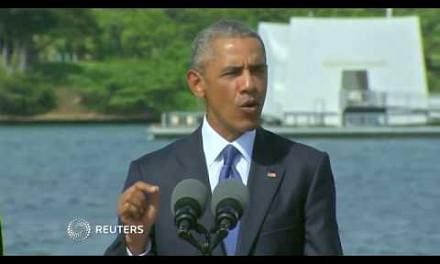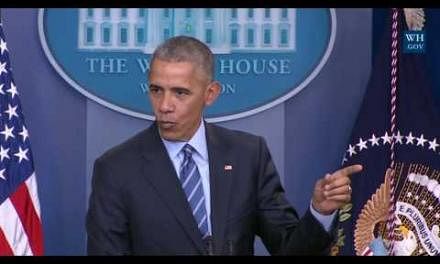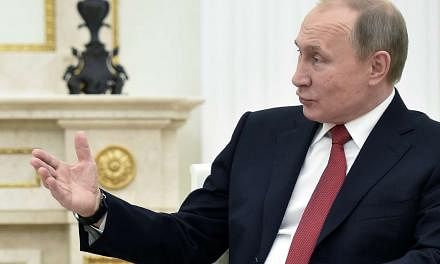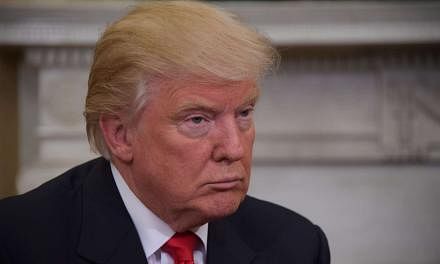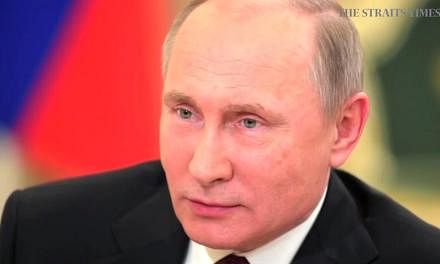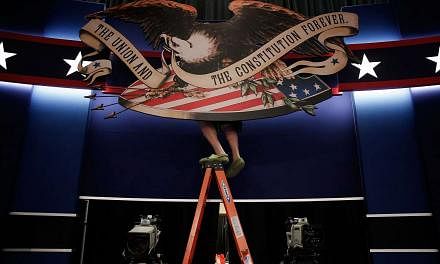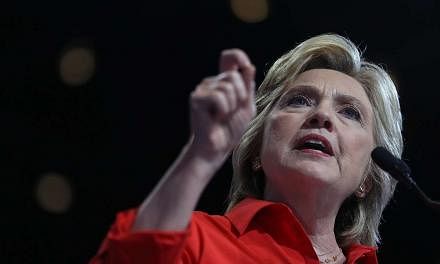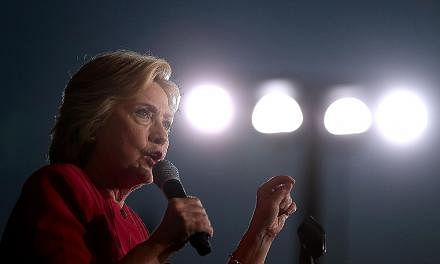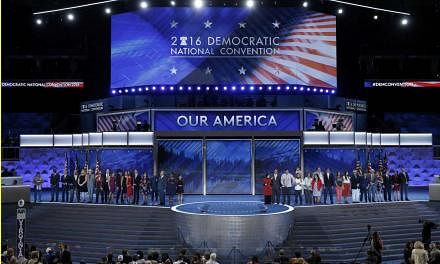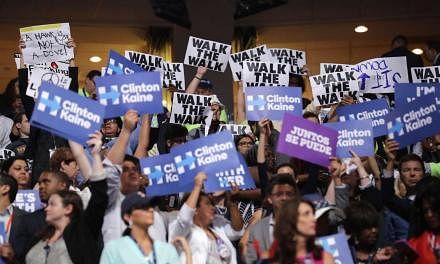MOSCOW • Spies are usually thought of as bystanders who quietly steal secrets in the shadows.
But the Russian versions, schooled in techniques used during the Cold War against the United States, have a more ambitious goal - shaping, not just snooping on, the politics of a nation that the Soviet-era KGB targeted as the "main adversary".
That at least is the conclusion of a declassified report released last Friday that outlines what top US intelligence agencies view as an elaborate "influence campaign" ordered by President Vladimir Putin of Russia, aimed at skewing the outcome of the 2016 presidential race.
But the absence of any concrete evidence in the report of meddling by the Kremlin has been met with a storm of mockery by Russian politicians and commentators, who took to social media to ridicule the report as a potpourri of baseless conjecture.
In a message posted on Twitter last Saturday, Mr Alexey Pushkov, a member of the defence and security committee of the Upper House of the Russian Parliament, ridiculed the US report as akin to Central Intelligence Agency (CIA) assertions that Iraq had weapons of mass destruction: "Mountain gave birth to a mouse: all accusations against Russia are based on 'confidence' and assumptions. US was sure about (Saddam) Hussein possessing WMD in the same way."
Ms Margarita Simonyan, editor- in-chief of RT, a state-funded TV network that broadcasts in English, who is cited repeatedly in the report, posted her own message on Twitter scoffing at the US intelligence community's accusations: "Aaa, the CIA report is out! Laughter of the year! Intro to my show from 6 years ago is the main evidence of Russia's influence at US elections. This is not a joke!"
The report provides no new evidence to support assertions that Moscow meddled covertly through hacking and other actions to boost the electoral chances of Mr Donald Trump and undermine his rival, Mrs Hillary Clinton.
But it rests instead on what it describes as Moscow's long record of trying to influence the US political system.
"Russia, like its Soviet predecessor, has a history of conducting covert influence campaigns focused on US presidential elections that have used intelligence officers and agents and press placements to disparage candidates perceived as hostile to the Kremlin," the report said.
This campaign, it said, blended covert activities like hacking with public action by "Russian government agencies, state-funded media, third-party intermediaries and paid social media users or 'trolls'".
The public report did not include evidence on the sources and methods used to collect the information about Mr Putin that intelligence officials said was in a classified version.
Mr Mark Galeotti, an expert on Russian intelligence agencies at the Institute of International Relations in Prague, said he was sceptical of the accusation that Mr Putin had ordered the hacking. But, he added, Russian spies, like their Soviet predecessors, "don't just collect information but try to assert influence".
Mr Mark Kramer, an expert on the Cold War at the Davis Centre for Russian and Eurasian Studies at Harvard, said the declassified report had erred by stating that the Russian "influence campaign" directed at the November election marked a "significant escalation" of previous Russian operations.
"The reality is that the two main Soviet intelligence and security agencies waged a vigorous campaign for decades to meddle in US politics and discredit the United States," Mr Kramer said.
NYTIMES
